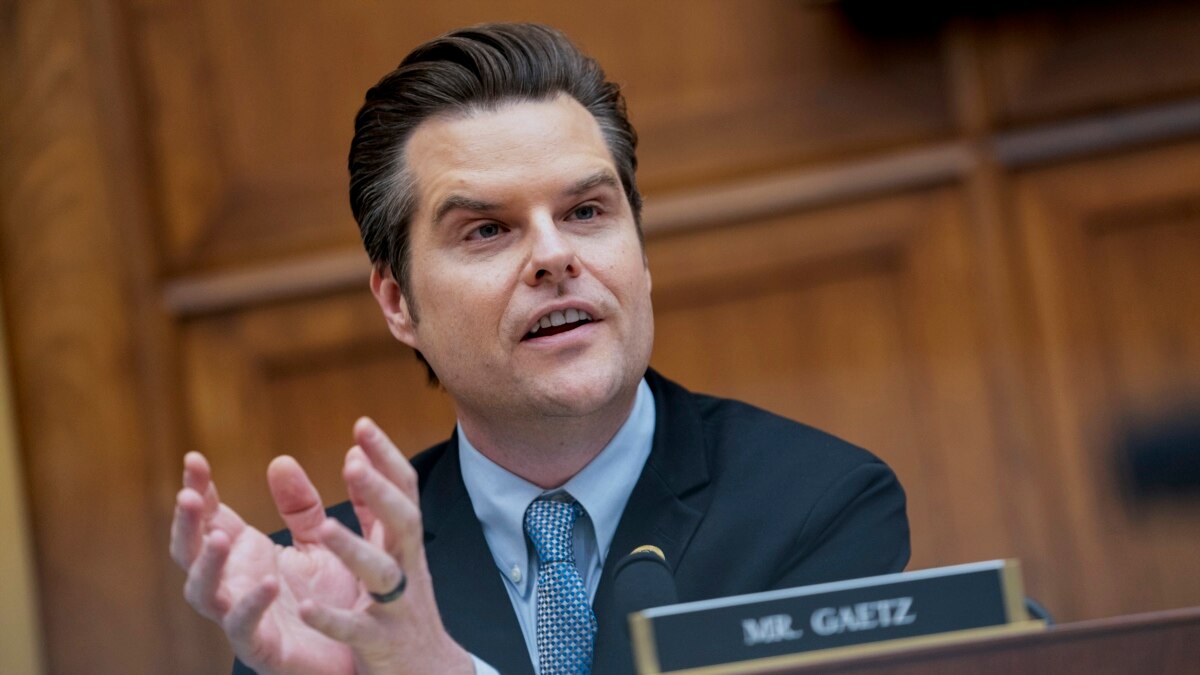In 2022, the lives of many families in the rural areas of Somalia were once again interrupted by the severe drought. Sahro*, a 38-year-old mother of seven children, was one of them. Sahro* and her family are pastoralists who lived in the rural area of Galkacyo district in Mudug region, relying on their livestock for food and milk and selling animal products to cover other family needs such as clothing and medicines.
As the severe drought impacted their area and forced many families to flee their land, Sahro*’s family moved to nearby rural areas in the hope of finding pasture and water for their livestock. However, as the drought worsened, they gradually lost most of their animals, and the family was forced to find shelter in a camp for Internally Displaced Persons (IDPs) in the Galkacyo district of Mudug region. Her husband had to stay behind with the few animals left.
In the first year, Sahro*, with no support and new to the internally displaced persons (IDP) camp, struggled to get enough income to cover the family’s basic needs like food. Four of her children are attending middle school now but have had a hard time adjusting to the new environment.
Later on, she started working at a restaurant in the area to earn some money and support her family. Unfortunately, what she was making was not enough to buy food and pay for the school fees of her children, as well as enable them to access basic health services and other necessities. To be able to put food on the table and meet other increasing family needs, she took a loan from the neighbouring shops. Within a year, on top of all the other problems she was having, she was drowning in debt.
In September 2022, Sahro* was registered shock-responsive components in the Royal Danish Embassy-funded under which she received monthly cash relief of USD 70 for three months with the aim of supporting their survival through improving household incomes to be able to feed her children and managing their school fees.
Now, with the income she makes from her shift at the restaurant and the monthly cash transfer, Sahro* is able to feed her children, health services, and pay off some of her debts. She is looking forward to the future and hopes for great things for her children’s future.
———————-
“My name is Sahro*, I am a 38-year-old mother of seven children. We used to live in a village on the rural side of Mudug region in Galkacyo as pastoralist.
We were in a very comfortable living situation, relying on our livestock for food and milk and selling them in exchange for cash whenever we need items and services like clothes and health care till the drought hit the region in 2022.
My family used to move and manage their livestock by finding greener pastures, and as the drought situation worsened, we lost most of our animals. I decided to flee with my children to a camp for internally displaced people in Mudug region while my husband stayed behind in our rural village with the few remaining animals.
After we arrived at the camp, we received some help from organizations and local communities. However, that did not last long. A year later, I started working at a small restaurant to earn some money to feed my children.
Although I was overworking myself, I was barely making enough to put food on the table, let alone being able to cover other expenses, including the school fees of my four children that are going to school now.
I had too much debt as I kept borrowing food from the neighbouring shops.
Last year, I was registered for a monthly unconditional cash transfer; with that assistance, I was able to cover some of the needs of my family, including food, debts and health.
Save the Children’s Support
Sahro* is one of the beneficiaries registered to the shock-responsive components funded by the Royal Danish Embassy to recover from the impact of shock (drought). She receives monthly cash-based transfers of 70 USD for three months with the aim of improving household income and supporting her children’s survival and education, as well as recovering the impact of the recent shock (drought).
The Royal Danish Embassy-funded cash-based social transfer programme aims to improve the resilience of households to conflict and climate-related shocks and disasters, targeting 5,100 households with a focus on internally displaced persons (IDPs), returnees and host communities. Led by the Ministry of Labour and Social Affairs (MoLSA) and implemented by the Somali Cash Consortium, the programme registered under ST1 an additional caseload of 5,100 expecting women in Adado and Qardho districts.









